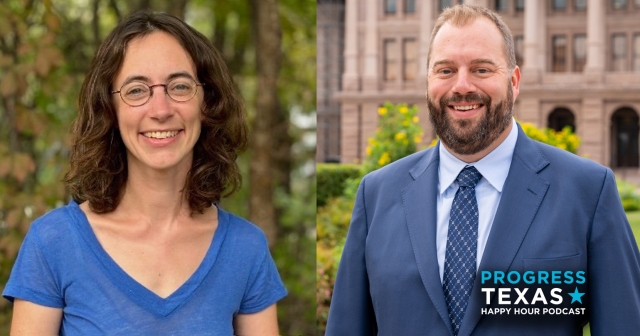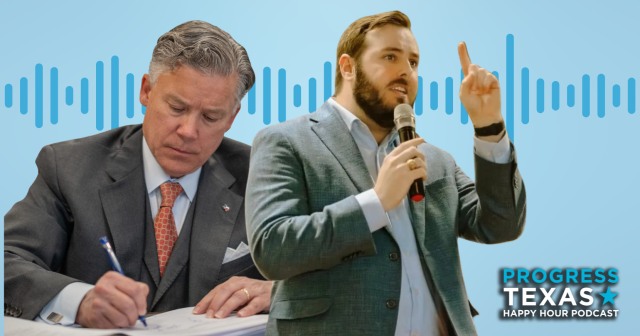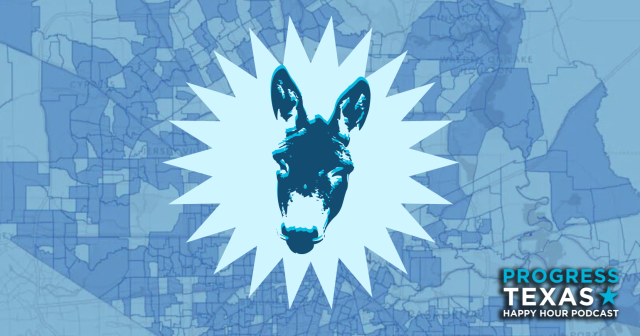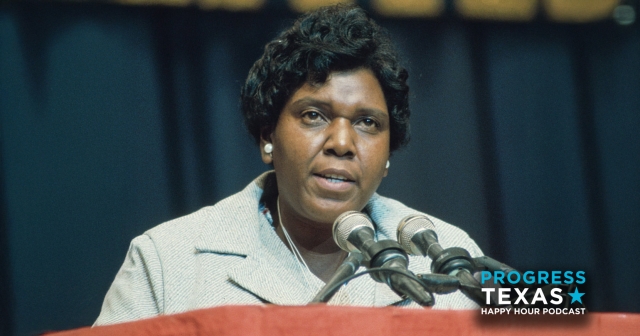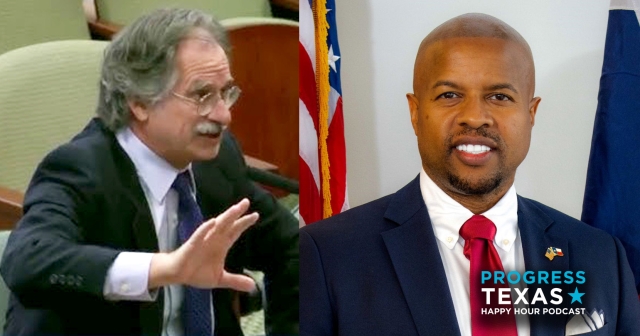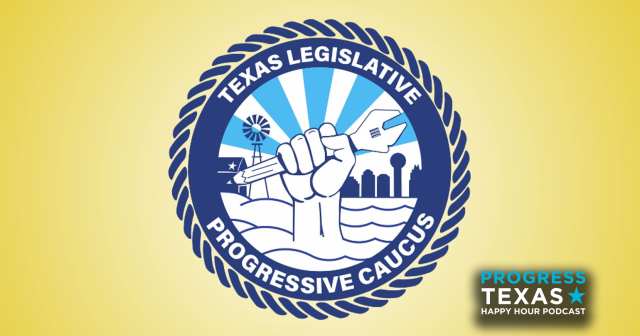The effects of the COVID-19 pandemic sweeping the globe will hit LGBTQIA+ Texans particularly hard.
Texas’ long-standing lack of a nondiscrimination law only amplifies the impact for queer Texans. These implications are complex, layered, and intersectional. Here are a few:
-
Our community lacks basic protections from discrimination in housing, employment, public accommodations, and health care, the cornerstones of stability.
-
Many LGBTQIA+ Texans struggle to access competent, quality, and affordable health care as a result.
-
Many in our community have pre-existing health conditions that leave their immune systems compromised or place them in a higher risk group.
-
Race, class, gender identity, sexual orientation, religion and many other identity markers will create a multifaceted consequence for individuals in our community.
Due to these complex and layered issues, trans Texans are going to be hit particularly hard by COVID-19.
Discrimination is real
Given the lack of basic federal and statewide protections against discrimination, there is a real possibility that trans Texans could be turned away or dissuaded from accessing the medical resources that we, and many folks in our state, will have to rely upon to flatten the uptick of new infections, to receive testing, and to treat the critically ill.
Getting turned away from medical care is a major risk, especially given that 1 in 5 transgender and gender non-conforming people have reported being refused care because of who they are, according to the US Transgender Survey done by NCTE. There is also a likelihood that transgender folks may not interact with medical professionals who are competent in addressing our health issues or subject us to harassment.
Due to experiences of discrimination, stigma, and harassment within medical settings, coupled with lack of accessibility and access to quality healthcare for trans folks, the trans community was in a precarious situation even before COVID-19 hit us.
Pre-existing conditions
The already dire impact of COVID-19 is exacerbated when you take into account that many trans adults live with one or more pre-existing conditions.
Today, over one fifth of trans adults live with one or more chronic ailments, which is substantially higher than the general population. In order to adequately prepare ourselves for the worst case health scenario, we have to take steps to find LGBTQIA+ friendly medical providers and hospitals, steps most Texans won’t have to take. That’s assuming that most trans Texans are fortunate enough to have access to competent, quality, and affordable healthcare.
This health crisis is simply just laying bare and highlighting many injustices and inequalities in our state, as well as the barriers to health care LGBTQIA+ Texans have to overcome are among them in order to access quality, respectful, and competent care.
What would help alleviate this?
The only way to achieve freedom for LGBTQIA+ Texans to live, work, earn a living, raise our families, and contribute fully to our communities is to pass a comprehensive, statewide nondiscrimination law that protects all people, including LGBTQIA+ people.
When crafting a relief package in response on the federal level to COVID-19, Congress must consider and address the unique needs of LGBTQIA+ people to ensure their continued safety, health, and well being.
_____
Ricardo Martinez is the CEO of Equality Texas, a statewide political advocacy organization in Texas that advocates for lesbian, gay, bisexual, and transgender rights, including same-sex marriage.
Emmett Schelling is the Executive Director for the Transgender Education Education Network of Texas (TENT). TENT is a statewide organization dedicated to advocacy, policy, education, community engagement and empowerment in order to advance equality for transgender, non binary, and intersex Texans.
DONATE
Your donation supports our media and helps us keep it free of ads and paywalls.


